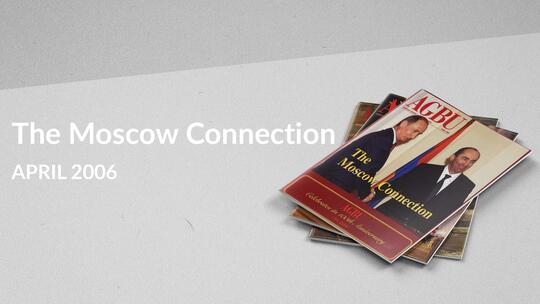by Gayane Mkrtchyan, Suren Deheryan and Suren Musayelyan
While headlines are made over the high-dollar investments that join Armenia and Russia ever tighter, less noted but nonetheless significant connections are regularly being made on the level of small and medium businesses.
In fact, the number of such businesses is enough to warrant the formation of a council, with the sole purpose of assisting the development of trade between the two countries.
